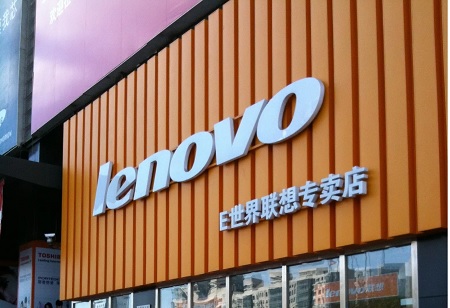
Lenovo Secures $2 Billion from Saudi Fund for Expansion and Debt Repayment

 Lenovo, the leading PC manufacturer globally, is securing $2 billion through the issuance of zero-coupon convertible bonds to a division of Saudi Arabia’s sovereign wealth fund. This move mirrors actions taken by e-commerce giants Alibaba and JD.com, reflecting a trend among issuers to reduce financing expenses.
Lenovo, the leading PC manufacturer globally, is securing $2 billion through the issuance of zero-coupon convertible bonds to a division of Saudi Arabia’s sovereign wealth fund. This move mirrors actions taken by e-commerce giants Alibaba and JD.com, reflecting a trend among issuers to reduce financing expenses.
The bonds, with a three-year maturity, will not yield any interest but will grant Alat, a subsidiary of Saudi Arabia’s Public Investment Fund (PIF), the right to convert their investment into shares at an initial conversion price of HK$10.42 per share upon maturity. This signifies a discount of approximately 12 percent from Tuesday's closing price. Converting the entire investment would introduce an additional 1.5 billion shares into the market, equivalent to roughly 12.09 percent of the capital base as of the announcement date.
According to a stock market filing, Alat has also entered into a strategic collaboration with the Chinese laptop maker to help enhance its presence and spur growth in the Middle East and Africa markets. Lenovo said the net proceeds will be used for repaying debt as well as for funding general corporate and working capital purposes. The company also announced a plan to set up a regional headquarters and a new manufacturing facility in Saudi Arabia.
“The company expects to have greater financial flexibility to implement its proven strategy and will further drive its global transformation into a solutions and services-led business”, Lenovo said. Lenovo's bond plans have surfaced shortly after Alibaba's record US$4.5 billion sale and JD.com's US$2 billion offering, both intended to fund share buybacks. UBS suggests that more overseas-listed Chinese companies could follow suit.
In an environment marked by high interest rates, the expense of financing has notably increased, rendering convertible bonds more appealing to issuers in comparison to traditional bonds. As per an ICE Bank of America Index, JD.com's 5-year convertible bonds and Alibaba's 7-year convertibles carry coupon rates of 0.25 percent and 0.5 percent, respectively. This is in contrast to the 5.7 percent yield on 5-7-year dollar-denominated bonds issued by Asian companies.
Investors might find convertibles appealing as they provide a blend of protection and additional earnings. Convertibles gain value with a rise in the underlying stock price due to their inherent equity exposure. Meanwhile, the bond floor sets a lower limit, acting as a safety net during market declines, as highlighted by Schroders.
The partnership between Lenovo and Alat arrives amidst the ongoing strengthening of economic relations between China and Saudi Arabia. PIF has been notably involved in investments within the Chinese tech sector, with a recent increase in its ownership stake in Alibaba by 11 percent. Citi serves as the exclusive advisor for Lenovo's bond sales. On Wednesday, concerns over earnings dilution led to a 4 percent decline in the company's shares to HK$11.34.

